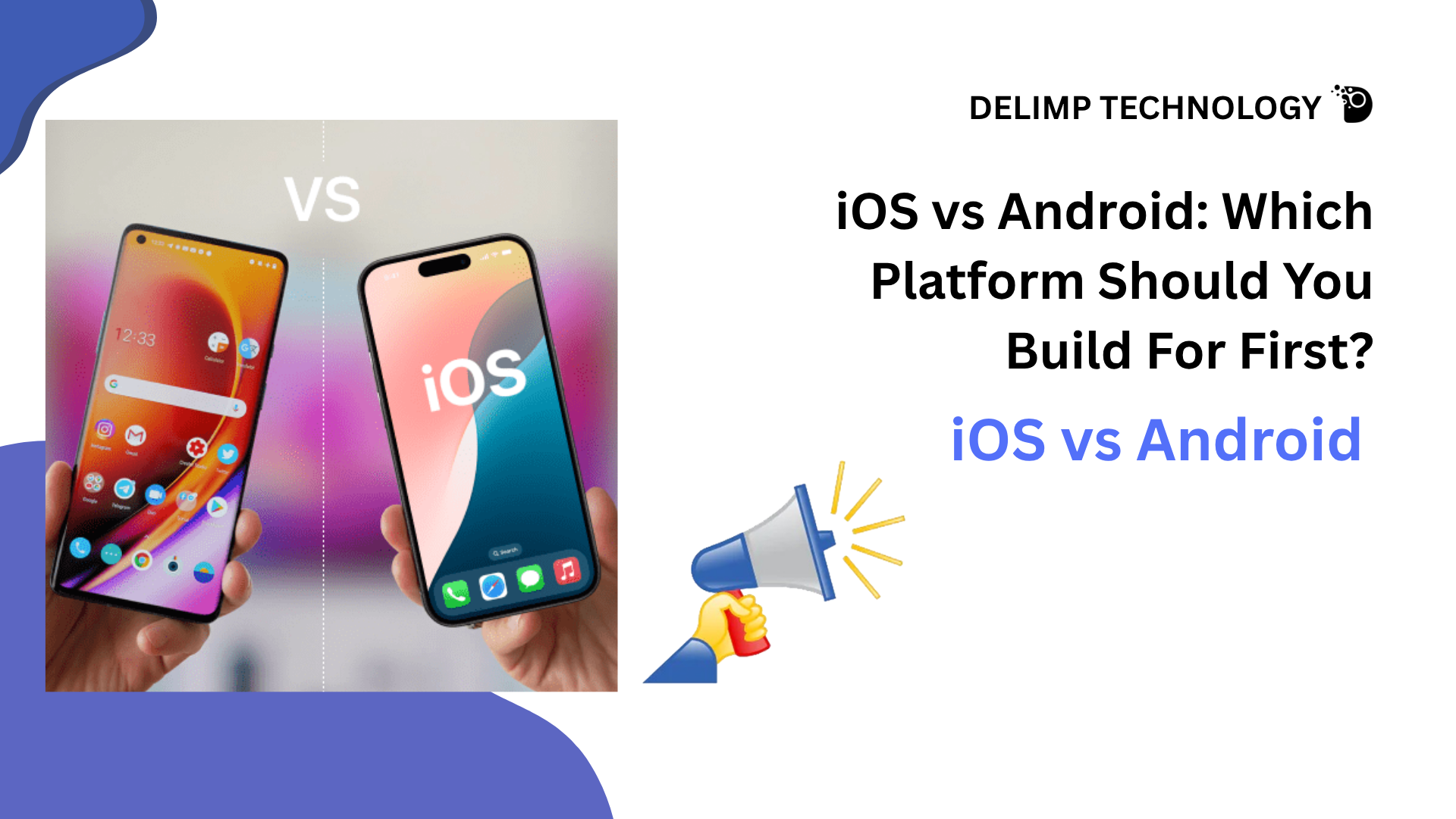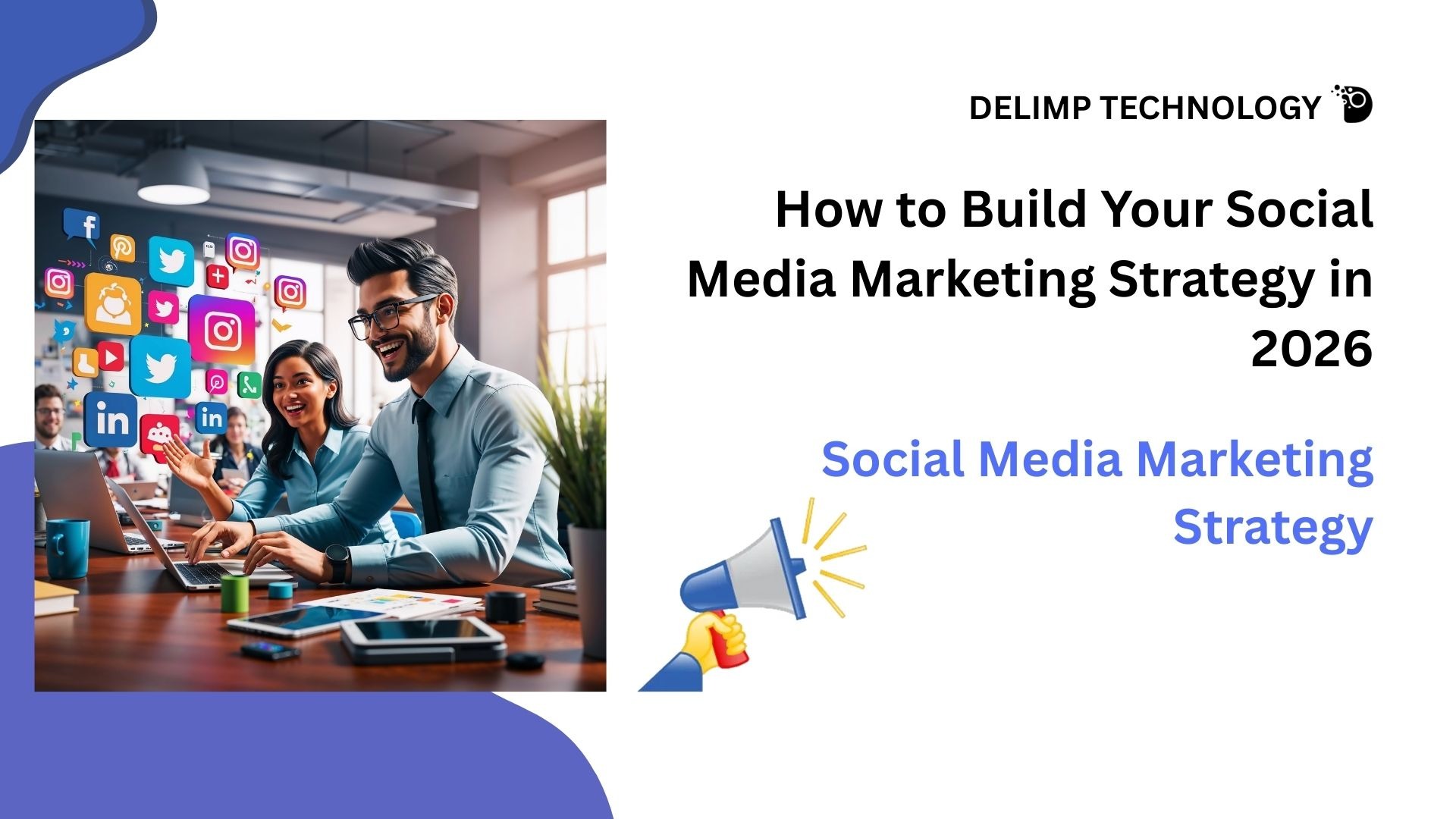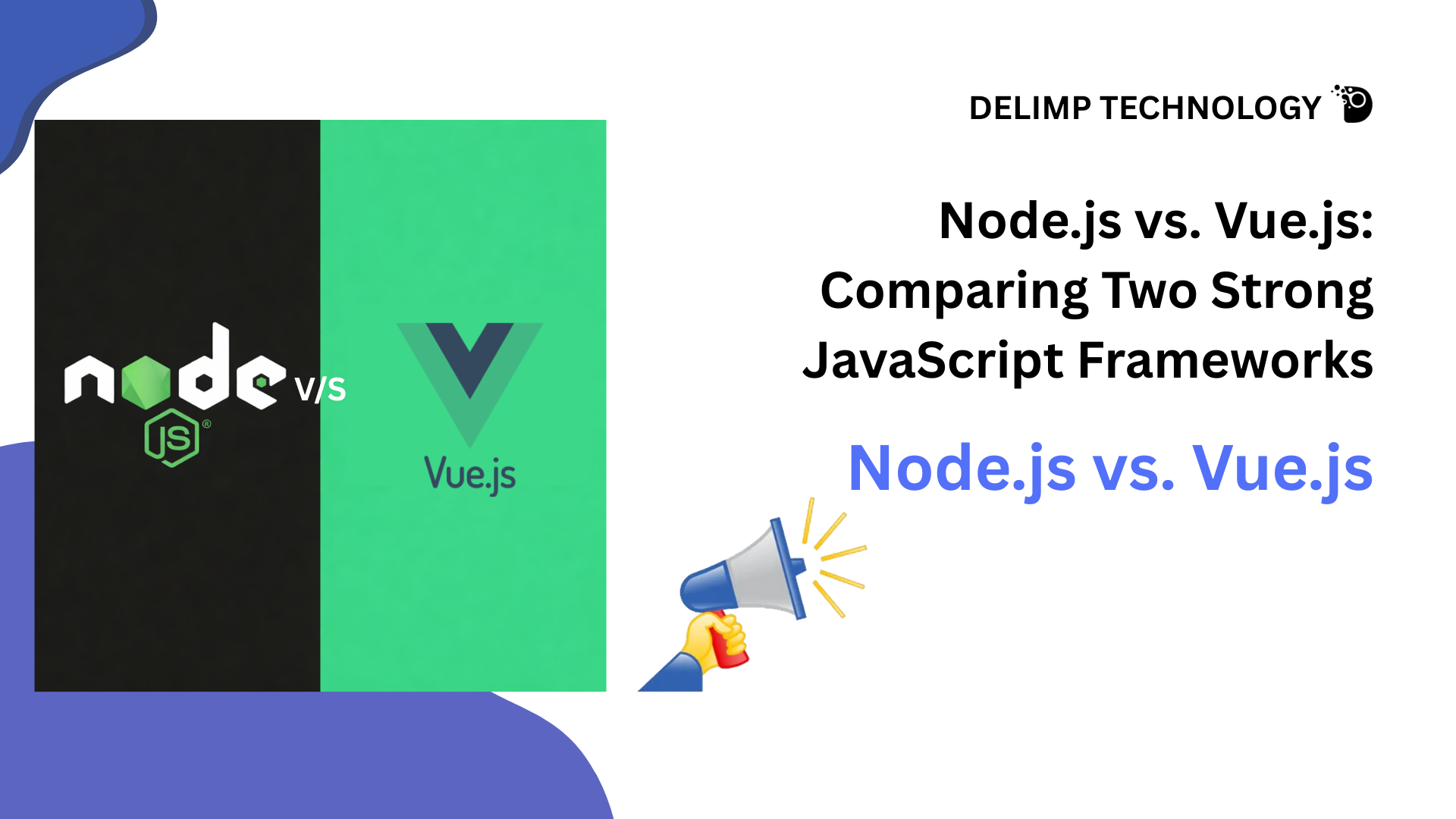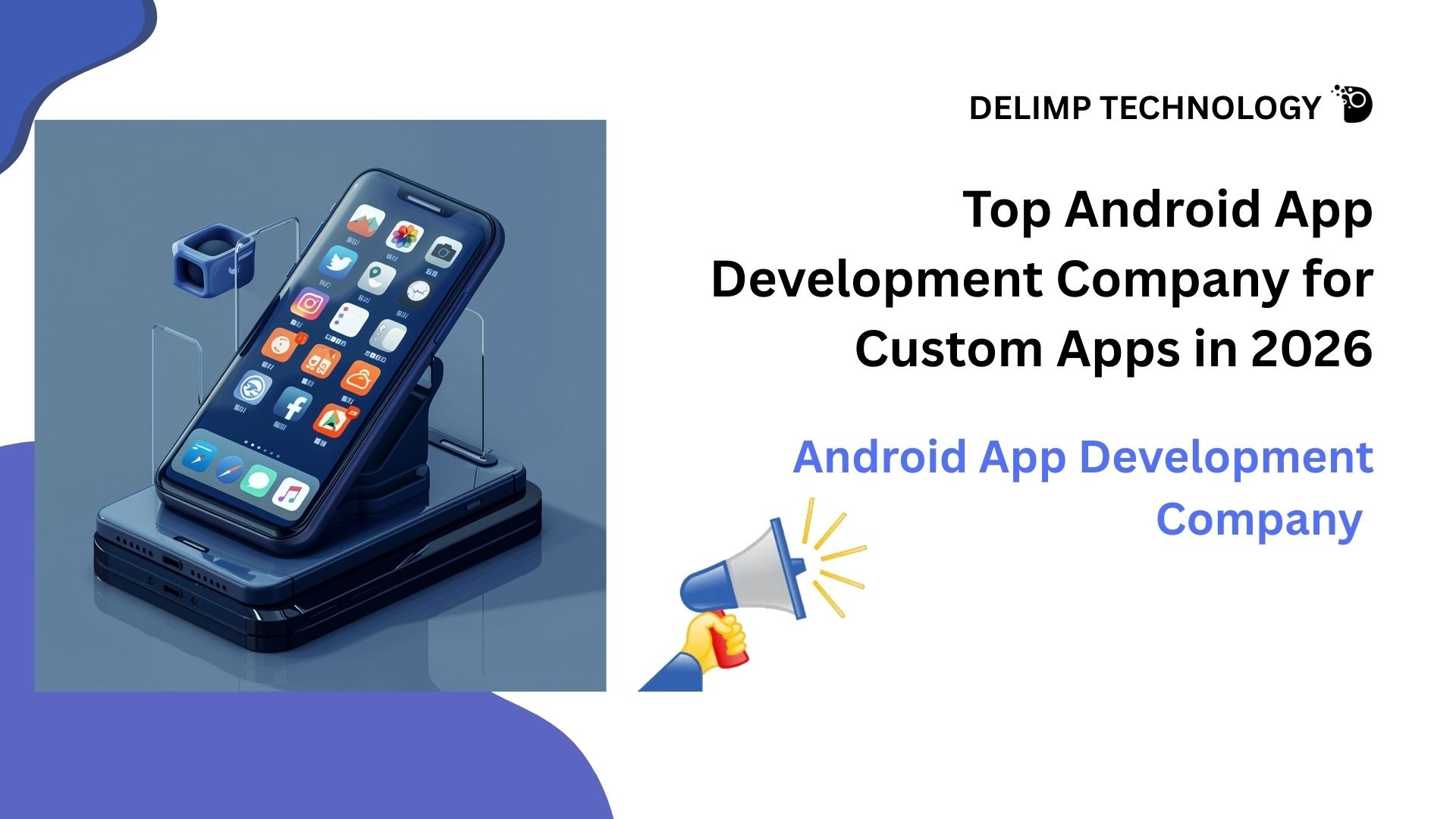In today’s world, mobile apps are built mainly for iOS vs Android. It might seem like choosing between chocolate and vanilla, since they’re both so popular, but your decision should be tactical, whether you are a startup founder, product manager, or tech enthusiast. By the end of this blog, you will understand what you should do next. Let’s look at everything one after another, like market research, what users expect, app business models, costs of development, and what makes your application visible on search engines.
iOS and Android
In this world, we can picture the main players in the global mobile operating system market as Android and iOS, which dominate the field.
- Android: Owned by Google, Android dominates globally with more than 70% of the worldwide smartphone market. You can see it everywhere, no matter if you are buying a budget phone in India or one of the best in Europe.
- iOS: Apple’s iOS takes up about 28% of the market worldwide but controls the countries of the U.S., Canada, the UK, and Australia. More of its users download apps, shop more, and remain active in apps.
That means although Android leads in the number of users, iPhone leads in terms of loyal users and income earned. At this point, you should think about what matters the most to you. What matters more to you? Reach or revenue?
Know the Audience
We will get to know Aarav, starting up a language-learning application, and Samantha, who is the founder of a luxury fashion platform.
Aarav’s app is open to students in these countries: India, Indonesia, and Africa. Android phones are more popular in these markets. He sees It as the best choice without any hesitation.
In comparison, Samantha aims her business at wealthy customers in the U.S. and the UK. Most of its users have iPhones and aren’t afraid to spend extra for the premium parts, so it would be best to go with iOS.
You should build your social media platform around the audience you want to reach. For example, use Google Analytics, Ahrefs, or StatCounter to get insights into which devices are used by people in your industry.
Monetization Matters
Users have different ways of spending their money. In terms of App Store earnings, iPhone users spend two times much money as Android users.
- IOS apps dominate in-app purchases and subscriptions.
- Android apps do better with ads and the freemium model.
In addition, if your game is free and profits come through ads, going with Android gives you the top advantage. However, if you want to charge for your health application, it’s better to focus on iOS App Development since most app subscribers use Apple devices.
In 2024, Apple’s App Store made much more money than Google Play, recording a total revenue of $1.3 trillion compared to their $100 billion.
Development costs and budget tell a story
Let’s discuss dollars and Sense. Making an app involves coding, but also testing, fixing any issues, and maintaining it for multiple gadgets.
- iOS development is easy and smooth since it works only with a limited number of devices made by Apple.
- Android development involves considering hundreds of gadgets and screens, which makes both time and testing costlier.
If you want to move forward rapidly and face less trouble at the start, iPhone is the platform for you.
The Global vs Local Businesses
Think global, act local, but how?
If your main goal is to serve customers worldwide, the huge number of Android users in the world makes it stand out. Consider the emerging world, as this is the place where it is most used by default.
But if your market focuses on North America, Western Europe, or Australia, where iPhones have significant authority, go with iOS first.
App Store vs Google Play
Let’s say your app is ready to launch, and which is easier to please, Apple or Google?
- Apple App Store: Rigid with strict guidelines and manual reviews. It may take days or even a rejection before approval.
- Google Play Store: More lenient, quicker to publish, and easier for independent developers to navigate.
If speed to market is important, Android wins. But if you want the brand prestige of being chosen for the App Store and can stick to strict rules, it’s best to create your application for iOS.
User Engagement and Retention
At this moment, things start becoming more complicated.
There are more loyal and engaged users with higher retention rates in iOS communities. So, you get better ratings, fewer uninstallations, more reviews, and a stronger chance of attracting more people, all features your ASO and SEO strategies will be pleased with.
Although Android App Development has more users, people often try different devices and brands when they go for inexpensive products. If you hope to secure long-term users, iPhone may prompt you to action sooner than it.
One Platform or Both?
Can’t decide? You don’t always have to.
- Start with a single platform, test your Minimum Viable Product (MVP), gather feedback, and then expand.
- You could also opt for cross-platform frameworks like Flutter or React Native since they allow developing apps that will both iOS and Android devices using one code base.
You should remember that, regardless of using cross-platform tools, you will still have to adjust UI/UX and manage bugs that are present on certain platforms.
Key Points
Build for IOS first if:
- Your Target market is in the U.S., U.K., Canada, or Australia.
- Choosing monetization, you have in-app purchases or subscriptions to choose from.
- Your objective is to finish development more quickly and with less hardware.
- High engagement and retention of users are your main goals.
Build for Android first if:
- Your audience is in India, Africa, Southeast Asia, or South America.
- You are focusing on ad revenue or large-scale adoption.
- You want faster publishing and fewer initial restrictions.
- Your application is intended for devices across various price ranges.
Conclusion
When it comes to iOS and Android, your decision should factor in your app’s core features, how users go through your application, and how you plan to earn money. Go ahead and begin with a single goal. Launch lean. Learn fast. Expand smart. If you are looking for App Development Services, we at Delimp Technology provide the best Android and iOS app development services to help you bring your vision to life on the right platform.
Frequently Asked Questions (FAQs)
Q1: Which operating system is recommended more for starting a new startup app, iOS or Android?
Ans: The decision depends on who your target audience is and the goals of your business. iOS is the way to go if your customers are in North America, Europe, or Australia. Developers can use Android to target more consumers in developing nations, as ads form a significant part of its income.
Q 2: Is it costlier to build an app on the Android platform or the iOS platform?
Ans: Due to the variety of Android devices and their sizes, working on the app costs more and requires more time to ensure it works well on all devices. By contrast, iOS development for an MVP is faster and cheaper.
Q 3: Is it possible to create apps for iOS and Android at once during development?
Ans: It is possible to use cross-platform frameworks like Flutter or React Native and make an app for both iPhone and Android simultaneously.
Q 4: Why do iOS users usually spend more than Android users?
Ans: A lot of iOS users are higher-income individuals and usually spend more money on in-app goods or services. Apple makes sure the App Store offers only the best and encourages users to spend more.





